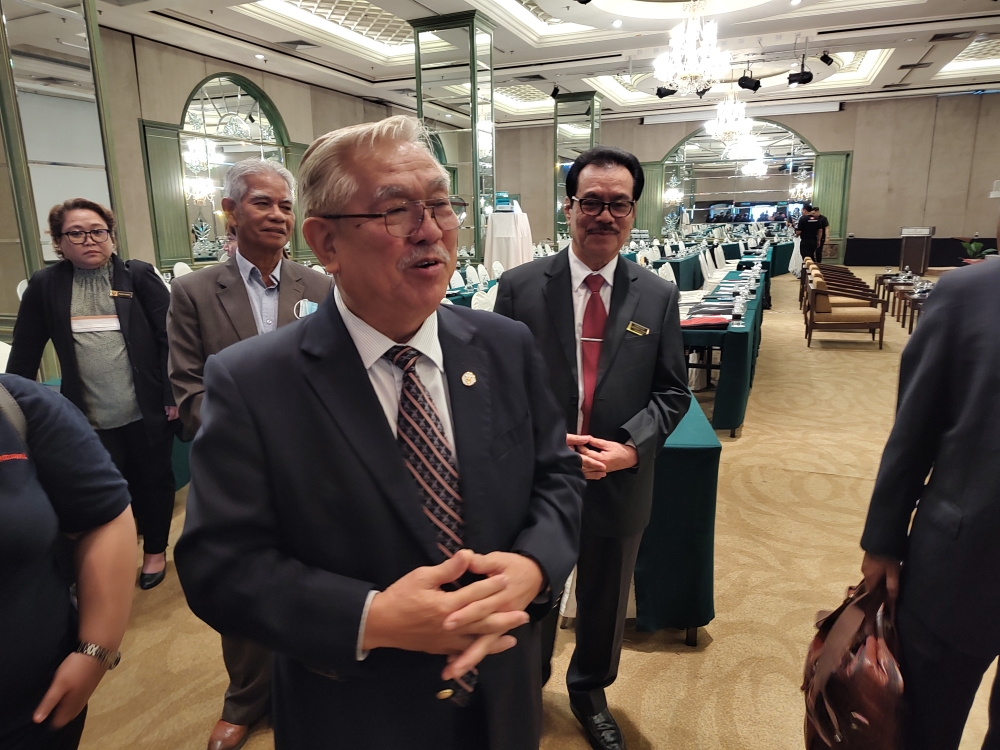KUCHING, May 22 — Minister in the Premier’s Department (Native Laws and Customs) Datuk John Sikie Tayai today told the Sarawak State Assembly that the Interpretation (Amendment) Ordinance that seeks to confer native status needs further deliberation before it is gazetted and enforced.
He said this is to ensure that the requirements and conditions for the conferment are suitable, reasonable and practical.
“Due to its importance, the complexity of amendment, its impact on the people of Sarawak and to safeguard the special position and rights of the natives of Sarawak as enshrined in the Federal Constitution, it was decided that further deliberation and review of the proposed conditions and requirements be made,” Sikie said his winding-up speech.
He said most importantly, the new conditions would not cause inconvenience to the people of Sarawak before the state government gazette the enforcement of the Ordinance.
Sikie said the relevant government agencies have discussed the conditions and requirements for the recognition of a person who is a citizen and natural born child of a person of a race indigenous to Sarawak as a native of Sarawak as stipulated in the Ordinance.
Sikie was replying to queries raised by Ba’Kelalan State Assemblyman Baru Bian during the debate on the opening address of the state assembly sitting.
Baru had said a Bill to amend the Ordinance was passed in the state assembly sitting in February last year but had yet to be gazetted and enforced.
On the marriage under the native Adat, Sikie said the Sarawak Council of Customs and Traditions has taken steps to formulate laws governing marriages, particularly involving underaged couples, among the natives in Sarawak.
He said the proposed laws would include provisions for solemnisation of marriage, registration of marriage, and capacity and impediments for marriage.
“There would be specific provisions regulating underage marriage,” he said.
He was replying to queries from state assemblymen who had requested the Sarawak government to take immediate action to tighten existing laws and policies to eradicate child marriage.
They had claimed that customary marriages lack specific regulations, making rural children particularly vulnerable to early marriages without penalty.



















